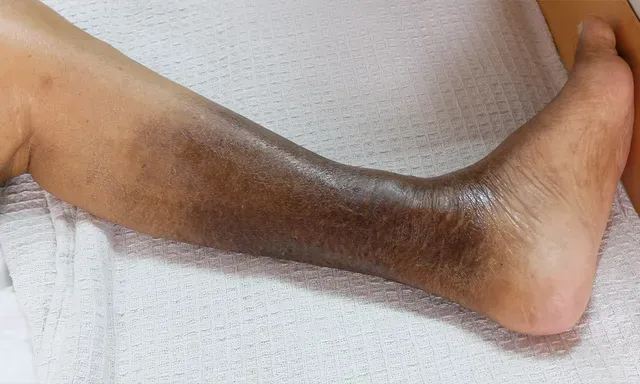Chronic Venous Insufficiency
Chronic venous insufficiency (CVI) is a progressive, long-term condition that makes it harder for your leg veins to keep blood flowing toward your heart efficiently. Danón Garrido, MD, Justin Manley, MD, and the skilled team at Advanced Vascular & Vein Associates in Flowood, Mississippi, offer comprehensive solutions for patients with CVI, ranging from varicose vein and venous ulcer prevention strategies to therapeutic vein ablation treatments. Call the office to learn more, or schedule an appointment online today.

